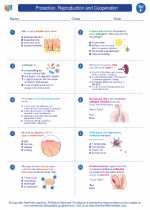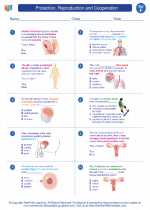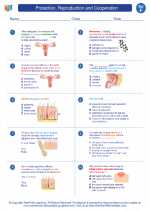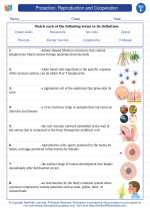STEM (Science, Technology, Engineering, and Mathematics)
The term "STEM" stands for Science, Technology, Engineering, and Mathematics. These are the four key subjects that play a crucial role in the development of various fields and industries. STEM education focuses on integrating these disciplines to create a well-rounded approach to learning and problem-solving.
Science
Science involves the study of the natural world, including living organisms, the environment, and the physical and chemical processes that govern the universe. It encompasses fields such as biology, chemistry, physics, and environmental science.
Technology
Technology refers to the application of scientific knowledge for practical purposes. It includes the development and use of tools, machines, and systems to solve problems and improve human life. This field covers areas such as computer science, information technology, and telecommunications.
Engineering
Engineering focuses on designing, creating, and building solutions to address various challenges. It involves the application of mathematical and scientific principles to develop structures, products, and systems. Engineering branches include civil, mechanical, electrical, and aerospace engineering.
Mathematics
Mathematics is the study of numbers, shapes, patterns, and relationships. It provides the foundation for understanding and solving problems in various fields, including science, technology, and engineering. Mathematics encompasses areas such as algebra, geometry, calculus, and statistics.
Importance of STEM Education
STEM education is essential for fostering critical thinking, creativity, and innovation. It prepares students for careers in fields such as healthcare, information technology, engineering, and research. By integrating these disciplines, students gain a holistic understanding of how the world works and develop the skills needed to tackle complex challenges.
Study Guide
- What does STEM stand for?
- Describe the role of science in STEM.
- How is technology related to STEM?
- Explain the significance of engineering in STEM education.
- Discuss the importance of mathematics in the STEM fields.
- Why is STEM education important for students?
◂Science Worksheets and Study Guides Sixth Grade. Protection, Reproduction and Cooperation

 Worksheet/Answer key
Worksheet/Answer key
 Worksheet/Answer key
Worksheet/Answer key
 Vocabulary/Answer key
Vocabulary/Answer key
 Vocabulary/Answer key
Vocabulary/Answer key
 Vocabulary/Answer key
Vocabulary/Answer key
